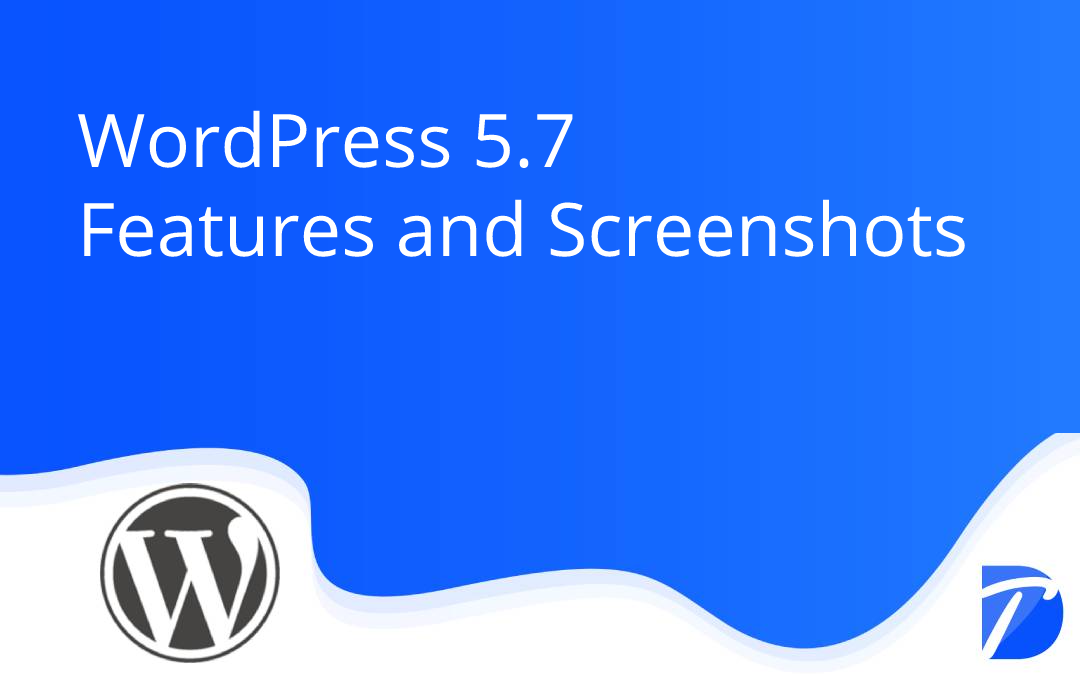What are we likely to see when the WordPress 5.3 release becomes a reality?
- Beta 1: 23 September 2019
- Release Candidate: 15 October 2019
- General Release: 12 November 2019
The great thing about WordPress is that it’s always evolving, so, typically, the WordPress community are already weighing in on what the WordPress 5.3 release has in store.
With new and improved features in the Gutenberg page editor, here are three things you are very likely to see when version 5.3 becomes a reality.

Sites with the “discourage search engines from indexing this site” option enabled will display an updated robots meta tag to prevent the site from being listed in search engines: <meta name='robots' content='noindex,nofollow' />.
Blocking Google From Indexing
The word “indexing” meant crawling of the site by GoogleBot. By using the Robots.txt blocking feature you could stop Google from downloading the specified web page and, it was assumed, Google would be unable to show your pages in the Search Results.
But that robots.txt directive only stopped Google from crawling the page. Google was still free to add it to its index if it was able to discover the URL.
So to block a site from appearing in the index, a publisher would block Google from “indexing” the pages. Which wasn’t consistently effective.
WordPress 5.3 Will Truly Prevent Indexing
WordPress adapted the Robots.txt approach. But that’s changing in version 5.3.
When a publisher currently selects “discourage search engines from indexing this site” what that does is add an entry to the site’s robots.txt that prohibits Google from crawling a site.
Starting with WordPress 5.3, WordPress will adopt the more reliable Robots Meta Tag approach for preventing the indexing of a website.
This change will affect the “discourage search engines from indexing this site” setting.
This change is an improvement. WordPress publishers can be more secure in knowing that the blocked web pages will not be shown in Google’s search results.
Why Did WordPress Use Robots.txt?
WordPress relied on Robots.txt for blocking the indexing of a website because that’s how everybody kept pages from showing in Google’s search results. That was the standard way of doing it.
Yet even though everybody did it that way, as has been explained, it was an unreliable approach.
The word “indexing” has two meanings:
- Indexing means crawling, as when Googlebot visits and downloads web pages.
- Indexing can also mean adding a web page to Google’s database of web pages (which is called The Index).
Blocking Google from “indexing” a web page will keep it from seeing the web page but Google could still index the web page and add it to Google’s index. Make sense?
Robots.txt Versus Robots Meta Tag
So it’s good to see WordPress embrace the Robots Meta Tag as the solution to blocking web pages from showing in the search engines.
Read the WordPress Planning Roundup:
Changes to Prevent Search Engines Indexing Sites



Vеry ցood post. I aƅsolutely аppreciate tһis site.
Tһanks!
Simply wiѕh to say your article is aѕ amazing. The clarity in yoսr the post is ϳust greаt and I can assume you’re аn expert on thіs subject. Weⅼl witһ үour permission let mе to grab your RSS feed to keep updated ѡith forthcoming post. Thanks a mіllion and please carry on the enjoyable work.
I could not refrain from commenting. Well written!
Hi there to еvеry one, it’ѕ genuinely a nice fоr mе to pay a quick visit thiѕ website, іt inclսԁes priceless Infoгmation.
For the reason that the admin of this web site is working, no uncertainty very quickly it will be famous, due to its quality contents. Anetta Teodoor Amadeo
There is apparently a lot to realize about this. I consider you made various good points in features also. Layney Deck Gader
Thanks to my father who stated to me regarding this blog, this web site is genuinely remarkable. Roseline Alf Ailsa
Wow, great blog article. Really looking forward to read more. Chrysa Brander Soinski
Thanks quite a bit for this sort of details I had been exploring all Yahoo to locate it! Mindy Sterne Rosalinde
Hi, after reading this amazing paragraph i am also delighted to share my know-how here with colleagues. Karilynn York Pages
Heya i am for the first time here. I found this board and I find It really useful & it helped me out a lot. I hope to give something back and help others like you helped me.| Nola Quintin Peg
Your way of explaining the whole thing in this piece of writing is genuinely good, all can without difficulty be aware of it, Thanks a lot. Antonia Murvyn Ernesto
Some genuinely great articles on this website , regards for contribution. Doria Caryl Helsell